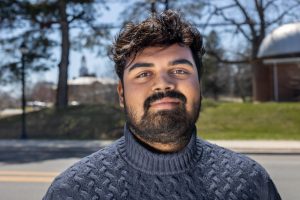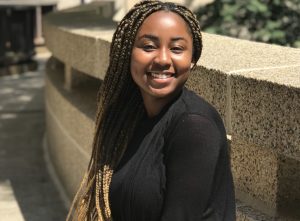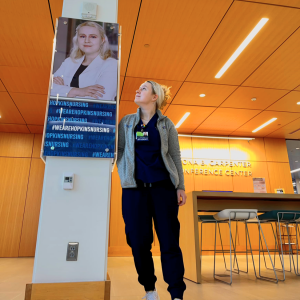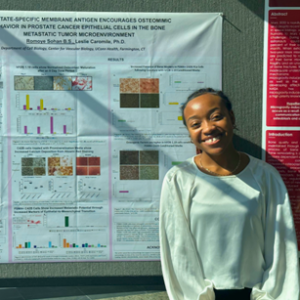[UConn Storrs]
Instructor: Clarissa Ceglio
Open to sophomores or higher.
While this is not an Honors course, Prof. Ceglio welcomes Honors students of all majors and would be happy to offer Honors conversions for interested students. Alternatively, Honors students may enroll in the cross-listed graduate section (DMD 5998-010), which will entail additional advanced work.
Museums, archives, and other nonprofit cultural organizations are mission-driven institutions with complex, sometimes fraught, histories. Today, many such organizations seek to explore new ways to communicate ideas, make collections accessible, inspire learning, connect people, and build community. In addition to learning about the histories, structures, and functions of mission-driven cultural organizations, we will explore methods of collaborating meaningfully and effectively with them and their communities. This will include consideration of the ways in which digital media, from apps to virtual reality (VR), are being used to critically engage publics in questions about the past, present, and future. We will explore, too, the histories and responsibilities of cultural organization with regard to social justice, activism, and inclusivity.
For more information, email Prof. Ceglio.




